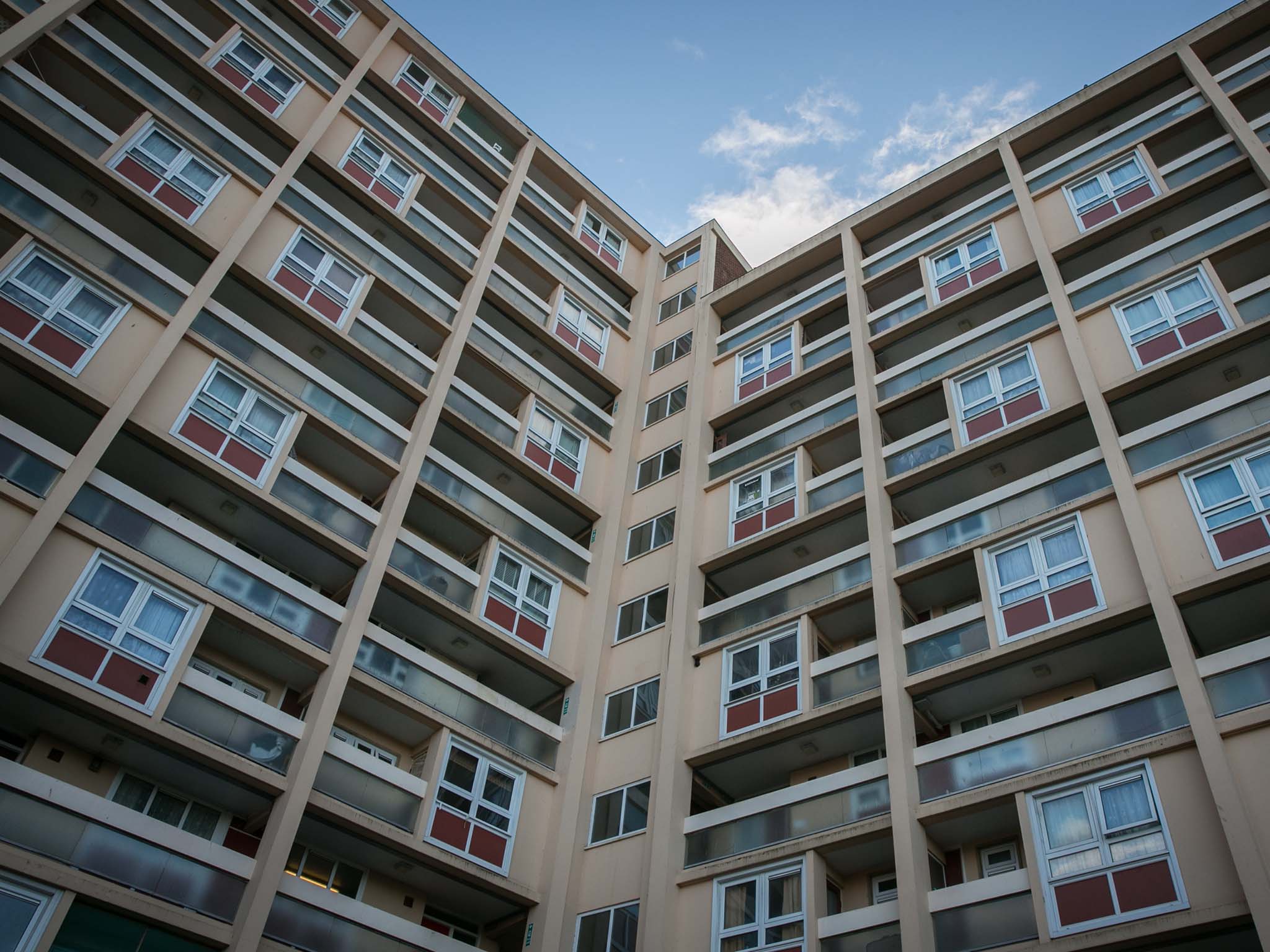Tory 'Pay to Stay' scheme hands 70,000 social tenants a £1,000 rent increase
A couple earning just £15,500 each could face rent increases of more than £100 a month

More than 70,000 social housing tenants face annual rent increases averaging more than £1,000 a year under the controversial ‘Pay to Stay’ policy.
The policy increases rents on social housing for what it calls ‘High Income Social Tenants’ so that they are in line with market rates. But the definition of household income – £31,000 outside London and £40,000 in London – means low earners face unaffordable rate increases. A couple earning just £15,500 each could face rent increases of more than £100 a month.
The Local Government Association has urged housing ministers to rethink the Pay to Stay policy, warning that it would be almost as expensive to implement as the revenue it would generate, and that the planned implementation by April 2017 would be impossible.
Research by estate agents Savill’s suggests Pay to Stay would affect more than one hundred thousand households.
Jeremy Corbyn has pledged to build a million new homes within five years if elected Prime Minister.
The major housebuilding project would be funded by a new National Investment Bank, with control for the schemes being managed by local councils.
The Labour leader said: “We are facing a housing crisis on an unprecedented scale – homelessness has doubled, home-ownership is down by 200,000, rents are spiralling and we have a huge shortage of affordable homes. House prices have risen six times faster than wages and housing charity Shelter estimates that by 2020 a first time buyer will need a salary of £64,000 to afford an average home.”
Labour would also introduce a new “Tenants’ Rights’ Charter” which would offer “greater protections for ‘generation rent’, including secure contracts of at least three years, preventing unreasonable rent increases, protecting against unfair evictions, outlawing agents’ admin fees and legislating against poor or unsafe living conditions.”
Nick Forbes, senior vice chair of the Local Government Association, said: “Pay to Stay will affect thousands of social housing tenants across the country, with the average affected household seeing their rent rise by £1,065 a year.
“For families this will cause anxiety, uncertainty and costs. For councils it will generate bureaucracy and new administrative costs and complexities. And at the end of it, for the Government, it will generate nowhere near the financial return it had originally expected.
“Pay to Stay sounds straightforward but it is a policy with initially unseen complexities, and which could generate large numbers of costly legal appeals and challenges from tenants.
“The Government has committed that councils will be able to keep reasonable administrative costs. In many local areas, these costs will outweigh the additional rent collected, leaving little or no extra income for the Treasury to keep, and leave the councils out of pocket.
“Pay to Stay risks becoming an expensive distraction from our joint ambition to build more homes.
“At the very least, the government should delay implementation to allow for approaches to be tested and piloted, and to provide councils with the support to implement the policy with minimum disruption.”
Join our commenting forum
Join thought-provoking conversations, follow other Independent readers and see their replies
Comments